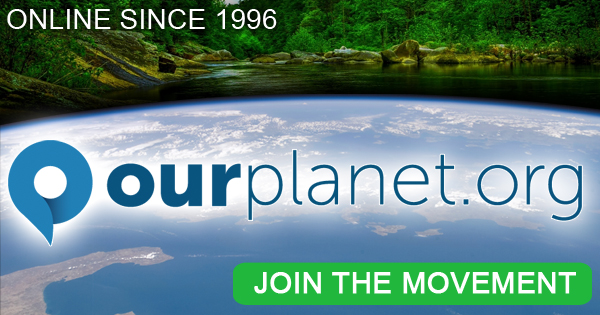
In the United States he worked for 17 years in aerospace electronics for TRW Systems, acquired seven US patents and won awards from the United States government two years in a row for contributing to the most significant eletrconic achievement in the USA. Both of these had to do with designing and creating integrated microelectronic circuits that could withstand atomic bomb blasts.
In New Zealand he directed the Design For The Sun passive solar energy programme for the NZ government for seven years and taught for five years at the University of Auckland. He developed and promoted 29 solar houses across the country and wrote the solar energy building design manual now used by architects and university students. He then became an organisational development consultant with a number of large NZ companies, providing a focus on leadership and organisational change.
As Founding Director of Anew NZ, he is leading a collaborative initiative, "What Matters Most to New Zealanders" which is a long term citizen-based initiative, to sitmulate national renewal and help shape the future of New Zealand - by redefining progress from simple economic terms (like GDP) to a broad set of goals for all people - through a network of networks from civil society, business and government, and robust community engagement that creates three functions: a think tank, public shared visions, and the development of a set of progress indicators and two means of delivery, to inform policy makers and empower civil society to take direct action.
Outputs include:
1. Public shared future visions for New Zealand,
2. Measures of Genuine Progress (and "genuine economic success"), as a challenge to the misuse of GDP, via the measurements of social, cultural, economic, environmental and governance wellbeing - with the public shared visions determining the goals of wellbeing.
3. Think Tank Research that informs the visioning process and identifies and measures "horizontal linkages" between the indicators (e.g. health and economic) and "vertical linkages" between "what matters most to New Zealanders" and the government policies that enhance or inhibit
achieving these goals (which includes developing a strategy for a sustainable economic future).
4. A policy tool, guiding evidence-based planning and action to address the issues identified as important to the people of New Zealand,
5. A reporting tool, tracking and communicating progress toward agreed goals and outcomes in the economic, social, cultural and environmental sectors, and a
6. A democratic tool for engaging citizens and communities to act on the goals set by them.
Outcomes include:
1. Catalyzes positive change towards greater wellbeing and sustainability.
2. Strengthens representative and participative democracy.
3. Shifts the policy and public focus from economic to overall system performance.
See www.anewnz.org.nz
